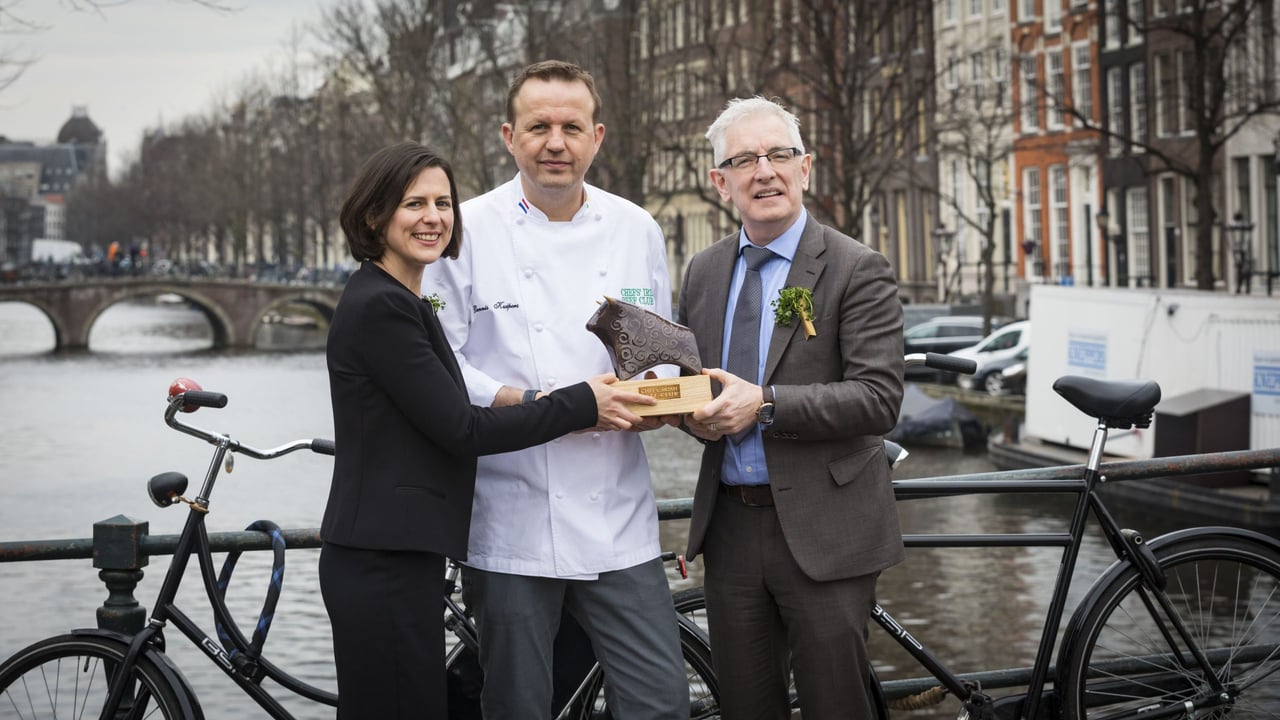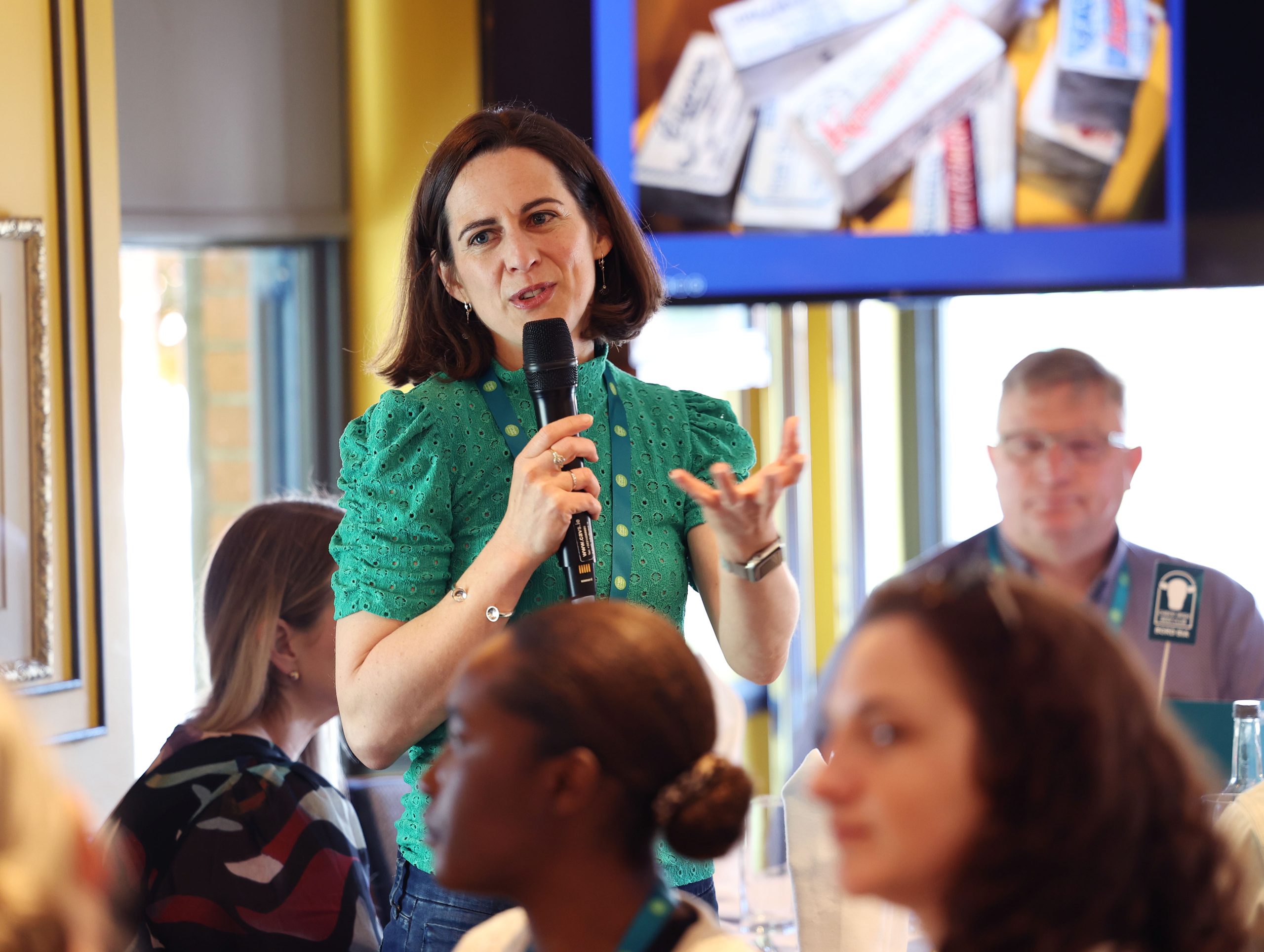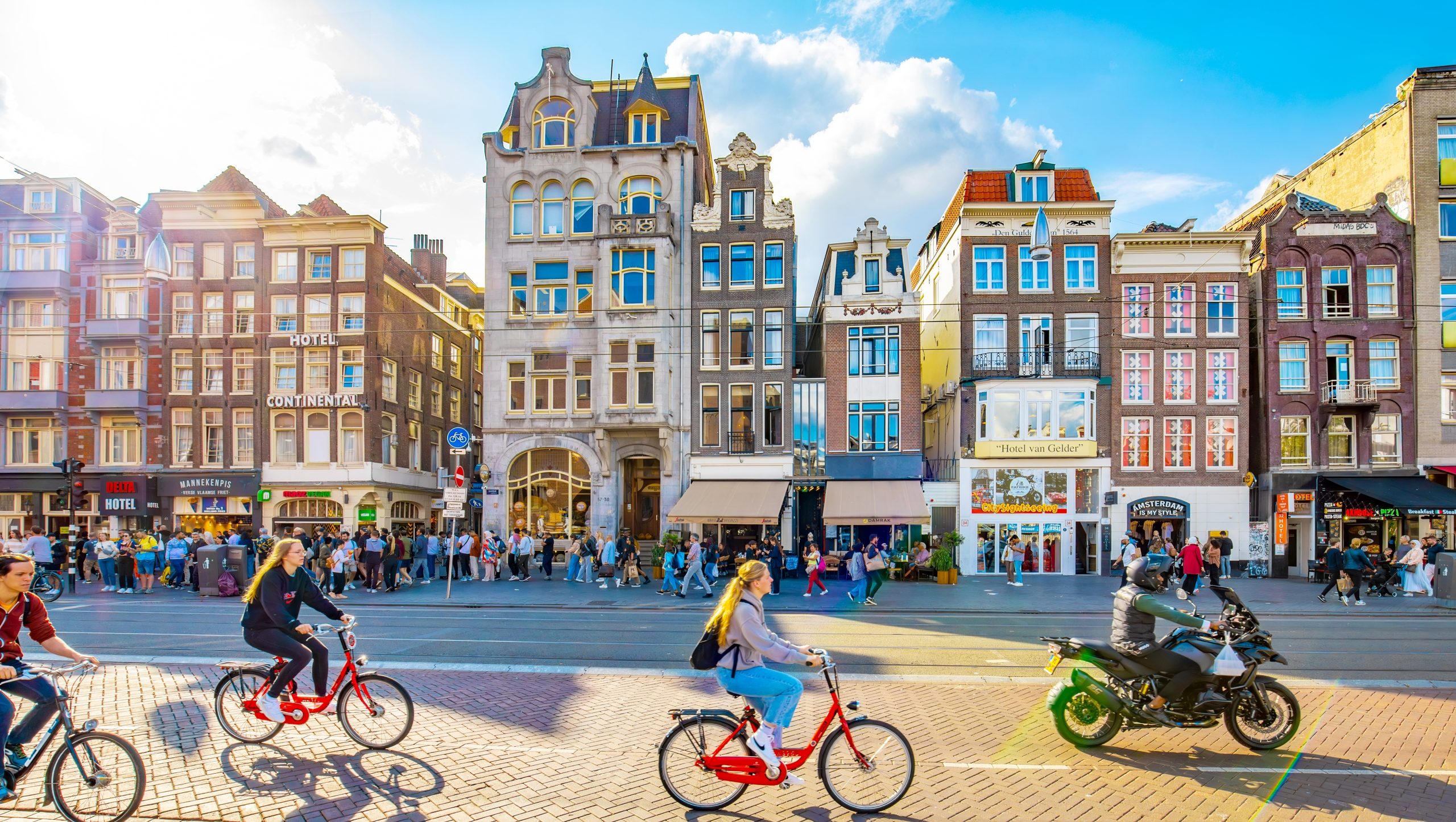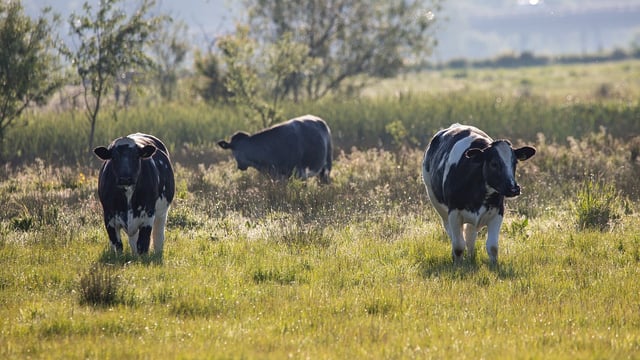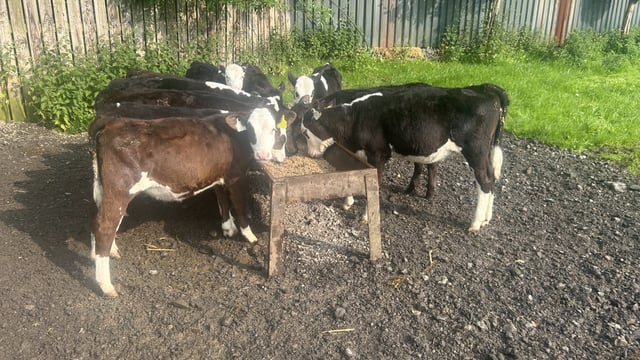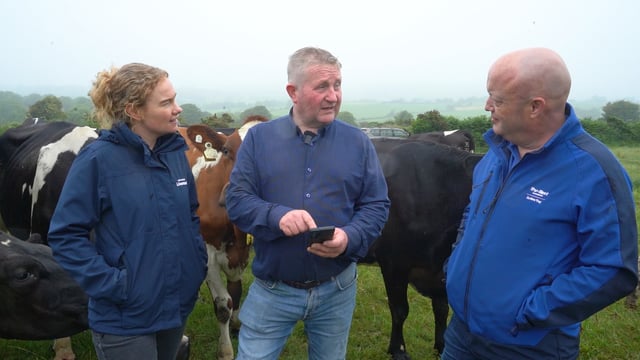Sponsored by Bord Bia

Sponsored Article
Meet the head of Bord Bia in The Netherlands
Sponsored Article

In this article, we meet with Laura Crowley, who heads the Bord Bia office in The Netherlands, to find out why the Dutch market is of importance to Irish food producers.
I head up our Dutch team of five. The Netherlands is Ireland’s third largest export market, so maintaining our good reputation, as well as active engagement with everyone from retailers to scientists, butchers to journalists and opinion leaders are my priorities.
I also wear a second hat overseeing the Chefs’ Irish Beef Club (CIBC) programme across nine priority regions globally.
Irish beef is stocked in two-thirds of all Dutch retailers and The Netherlands is Ireland’s third-largest export market for beef, making it more visible to consumers than in many other markets.
Irish dairy in The Netherlands, in contrast, despite arriving here in considerable volume (Ireland’s second-largest export market), is more difficult to see, being sometimes traded on to third countries, sometimes processed further here (in, for example, baby food) and sometimes manifesting as butter in retail, for example.
Regardless of its ultimate destination, it is crucial that the decision-makers based here are aware of Ireland’s unique selling points (USPs).
The Netherlands is also a priority market for prepared consumers foods (PCF). Surprising customers with Albert Heijn baked goods in a meeting that are produced in Ireland never gets old.
Bord Bia works closely with Dutch retailers to position Irish beef as an accessible premium protein for consumers.
Although not usually visible on pack, Dutch retailers insist on Quality Assurance as a prerequisite for supplying the market.
The Quality Assurance scheme provides the data that informs all Irish beef marketing campaigns, which are – particularly in this market - under constant scrutiny.
The Netherlands is a global leader in sustainability, and places high demands on its imports as a result.
High-quality data is no longer a nice-to-have, but a requirement, and the data provided through Origin Green is ensuring that we retain our licence to operate in the market.
Animal welfare, too, remains a particularly important area of interest for local non-governmental organisations (NGOs).
According to Bord Bia’s recent survey of Dutch grocery shoppers, Irish beef is the favoured source of imported beef, second only to domestic beef.
The Dutch have a great tradition of stewing, which Irish grass-fed forequarter cuts cater to well.
We time campaigns to coincide with the increased availability of forequarter cuts in the autumn/early winter and the increased desire to stew as the days shorten.
The Dutch government actively encourages people to reduce their meat consumption in favour of plant-based proteins, as part of efforts to lower their environmental impact. At the same time, animal welfare and sustainability are under constant scrutiny from Dutch NGOs and consumers. As a result, consumers are increasingly seeking out meat that is high-quality, high-welfare, and sustainably produced. It’s therefore essential that we keep pace with these market expectations through strong Quality Assurance standards and the Origin Green programme.
The ‘nitrogen crisis’ in The Netherlands is forcing Dutch farmers in certain areas to reduce stocking density and convert land to nature reserves.
Nitrogen permits are required, and a voluntary government buy-out scheme has been introduced.
Sponsored Article


